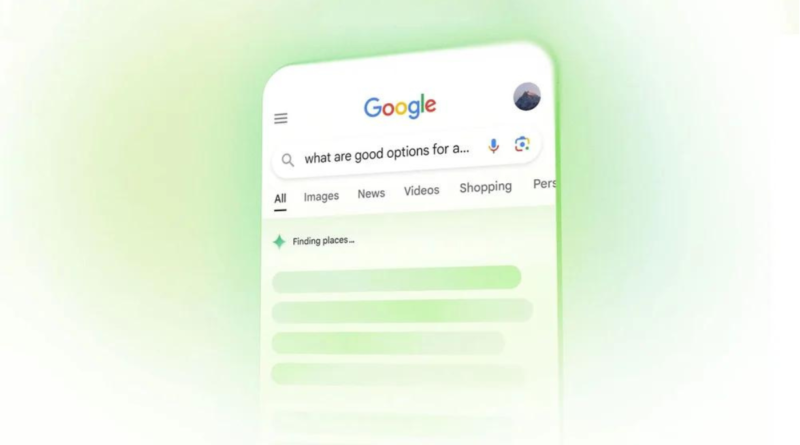Google’s AI Overviews in Search: The Good, Bad and Ugly
Google’s AI Overview in Search: The launch of Google’s AI Overviews in Search has brought about mixed reactions among users as well as publishers. This new feature is powered by Google’s advanced language models and aims at giving brief AI-generated summaries right on top of search results pages. However, while there are potential benefits, it is also important to consider the costs that may arise out of this.
The Good: Potential Benefits from AI Overviews
Google’s AI overviews have a primary advantage of saving users time and energy while looking for information they need. An Google’s AI Overviews provides a summary of key points related to a particular subject, helping users gauge the relevance of what they are looking for rather than visiting several websites. This could come handy, especially when dealing with complex issues or multifarious inquiries.
In addition, as more people become familiar with using the web, accessibility will be improved through empowering such people by making information available for them in more palatable form through summaries.
The Bad: Accuracy and Relevance Concerns
One major limitation with Google’s AI Overviews is how accurate and reliable the data they provide can be. For instance, an example was given where Google’s artificial intelligence recommended individuals tackling kidney stones by taking urine which is completely wrong and life threatening. This is synonymous with questions about the trustworthiness about information being presented to clients.
Moreover, many users claim that these summaries usually do not pertain to their individual searches but instead offer repetitive content or generic facts which are unsatisfactory in terms of addressing their wants or needs; thus leading user dissatisfaction towards Google Search engine.
The Ugly: Impact on Organic Search and Publisher Concerns
Amongst publisher websites, the most significant concern surrounding Google’s AI Overviews relates to their effect towards organic search traffic. Summaries produced by AIs at the beginning of search results take away some reason why internet users should visit original sources directly. Therefore, this may result in publishers experiencing a drop in their revenues and traffic since they usually depend on referral from search engines.
Furthermore, there is a fear of liability for copyright infringement given that Google’s AI summaries could reproduce content from web pages without proper acknowledgement or consent. To make matters worse, this creates complex relations between publishers and search engines through summoning legal disputes with their authors.
Conclusion
Google’s AI Overviews have the potential to change how we access information online; however, there are serious issues that must be addressed. Therefore, ensuring the accuracy and relevance of AI-generated summaries while safeguarding the interests of publishers and creators is vital even as this technology evolves. Through our use of AI-powered searches therefore, as users it is incumbent upon us to remain cautious and discerning by always verifying answers received through reputable sources.

Pingback: How to Disable Google's AI Overviews and Get Back to Traditional Search Results - Zing Newz